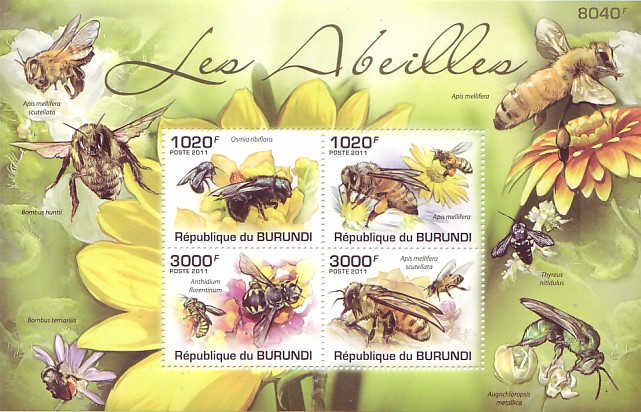Greenpeace Europe has called for the urgent elimination of all bee-harming pesticides from agriculture in Europe. In a statement accompanying the study ‘Bees in decline – a review of factors that put pollinators and agriculture in Europe at risk’, published on 9 April, the organisation argues that a total ban would “be a crucial and effective first step” to protect the health of bee populations and to safeguard their pollination value. “Science is clear: the negative impacts of bee-harming pesticides by far exceed any presumed benefits,” Matthias Wüthrich, ecological farming campaigner and European bees project leader at Greenpeace Switzerland, said. “EU countries simply can’t wait any longer and must take immediate action with a complete and immediate ban on these bee-killers,” he added.
The call is part of the ongoing discussion on the negative effect of the use of pesticides on the bee populations in Europe. It came after the European Commission put forward, in early March, a proposal for a ban on the use of three neonicotinoid insecticides (clothianidin, imidacloprid and thiametoxam) on crops attractive to honeybees. A vote by the Appeal Committee on the proposal is expected in the coming weeks. Earlier, the Standing Committee on the Food Chain and Animal Health failed to reach a qualified majority support for the proposal.
Source: Europolitics, 11 April 2013
http://www.europolitics.info/sectorial-policies/greenpeace-calls-for-to…

- Login om te reageren

Rachel Carson was truly a prophet of things to come
In “Silent Spring" (1962) Rachel Carson wrote
"The world of systemic insecticides is a weird world, surpassing the imaginings of the brothers Grimm.
It is a world where the enchanted forest of the fairy tales has become a poisonous forest.
It is a world where a flea bites a dog and dies…where a bee may carry poisonous nectar back to its hive and presently produce poisonous honey."